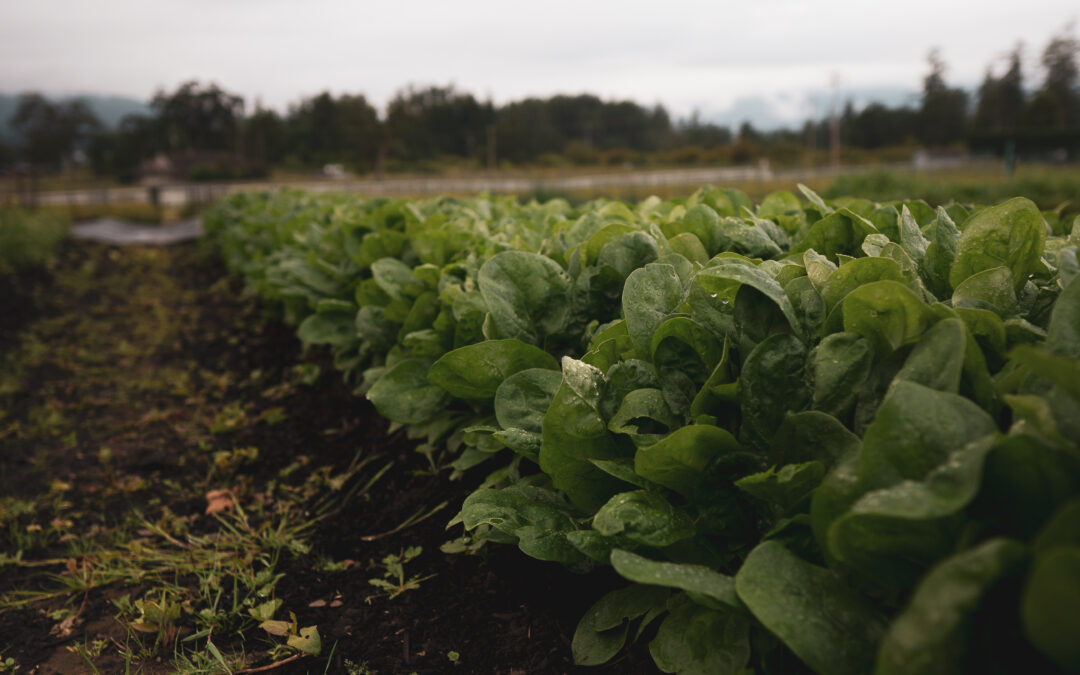If you’re interested in growing your own vegetables but don’t know where to start, don’t worry! Starting a vegetable garden can seem daunting, but with the right tips and guidance, it can be a fun and rewarding experience. In this post, we’ll provide tips for starting a vegetable garden for beginners.
Choose the Right Location
The first step in starting a vegetable garden is to choose the right location. Look for a spot that receives at least six hours of sunlight per day and has good soil drainage. It’s also important to choose a location that is easy to access and is not too far from a water source.
Decide What to Grow
Decide what vegetables you want to grow based on your preferences and the climate in your area. Some easy-to-grow vegetables for beginners include tomatoes, lettuce, cucumbers, carrots, and peppers. You can also consider growing herbs, which are easy to care for and can add flavor to your meals.
Prepare the Soil
Preparing the soil is an important step in starting a vegetable garden. Remove any weeds or debris from the area and add compost or other organic matter to the soil to improve its quality. Test the soil’s pH level and adjust it if necessary to ensure optimal growing conditions for your chosen vegetables.
Start with Seeds or Seedlings
Decide whether you want to start your vegetable garden with seeds or seedlings. Starting with seedlings can be easier for beginners, as they are already partially grown and can be transplanted into your garden. However, starting with seeds can be more cost-effective and allows you to choose from a wider variety of vegetables.
Water and Fertilize Regularly
Water your vegetable garden regularly to ensure that the soil stays moist. It’s important not to overwater, as this can lead to root rot and other problems. Fertilize your vegetables regularly with organic fertilizers to ensure that they receive the nutrients they need to grow and produce.
Mulch to Control Weeds and Conserve Moisture
Mulching can help control weeds and conserve moisture in your vegetable garden. Use organic mulch, such as straw or leaves, and spread it around the base of your plants. This will help prevent weeds from growing and will help the soil retain moisture.
Protect Your Garden from Pests and Diseases
Pests and diseases can damage your vegetable garden, so it’s important to take steps to protect it. Use natural pest control methods, such as companion planting, to deter pests. Keep an eye out for signs of disease and remove any infected plants immediately to prevent the spread of disease.
Harvest Your Vegetables at the Right Time
Harvest your vegetables at the right time to ensure that they are at their peak flavor and nutrition. Different vegetables have different harvest times, so be sure to research when to harvest each vegetable that you are growing. Use sharp shears or a knife to harvest your vegetables, and handle them carefully to prevent damage.
Enjoy the Fruits of Your Labor
The final step in starting a vegetable garden is to enjoy the fruits of your labor. Use your fresh vegetables in your cooking, or share them with friends and family. Starting a vegetable garden can be a fun and rewarding experience, and can provide you with a sense of pride and accomplishment.
Starting a vegetable garden for beginners can seem daunting, but with the right tips and guidance, it can be a fun and rewarding experience. Choose the right location, decide what to grow, prepare the soil, start with seeds or seedlings, water and fertilize regularly, mulch to control weeds and conserve moisture, protect your garden from pests and diseases, harvest your vegetables at the right time, and enjoy the fruits of your labor!

